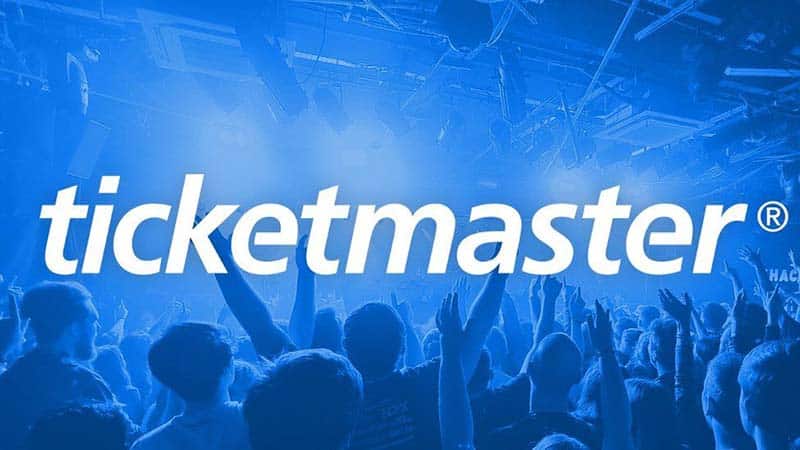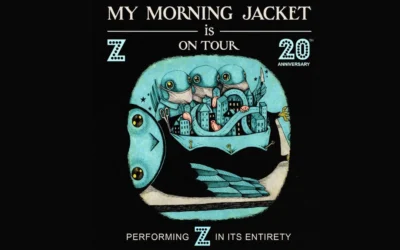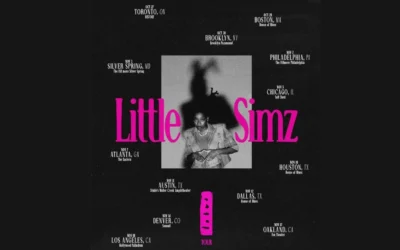After years of operation and development of a terrible reputation, Ticketmaster appears to be trying to rebrand its deeply unpopular “Verified Fan” program as “Advance Registration.” The new branding is evidenced in a new blog post on Ticketmaster’s website, describing the program without referencing its controversial past title.
“When an event has advance registration available, we can filter out buyers looking to resell tickets for profit,” reads the post describing the system. “Once registrations are authenticated/screened, fans are then randomly selected to receive access codes to the ticket sale. Similar to Verified Fan, while it doesn’t guarantee that all who register will get tickets, it does significantly block bots and professional resellers from scooping up tickets.”
Since its debut back in 2017, “Verified Fan” has been an major lightning rod for controversy. Touted as a method for artists to filter access to presales by verifying that the people buying tickets were true fans, it has instead developed a reputation for blocking out fans, while the ability of ticket resellers to secure tickets has been largely unimpacted.
Verified Fan has been a particular bane for Taylor Swift fans, dating all the way back to its first usage for her Reputation tour dates. During that sale process early in the existence of Verified Fan, the singer’s team actually used the program to try to convince fans that they would improve their chances to get tickets to her shows if they bought merchandise and shared things on social media – effectively supercharging her revenue stream and outsourcing marketing through the pseudo-promise of it meaning they would get tickets.
That did not turn out to be the case, with fans complaining loudly about missing out on ticket sales, only to be slapped in the face later on when many tickets had to be dumped onto the market at the end of the sales process when it was obvious that the slow ticketing sales strategy had failed.
Years on, Swift fans once again were put through a “verified fan” debacle when The Eras Tour went on sale in November, with the whole system melting down during that process, with Ticketmaster simply cancelling the general sale by saying tickets were entirely sold out, only to slowly continue to drip tickets out, including big dumps in the dates leading up to every show, a process that has continued to this date.
The process, where fans are led to believe that their fandom might lead them to be prioritized for ticket sales, when in fact they are just more fodder for ticket pricing algorithms designed to weaponize the quantified demand for every event, has turned everyone against the program, from Swifties to Harry Styles fans, to Bruce Springsteen fans to… almost everyone who has been put through the wringer hoping to get tickets to their favorite performer’s show.
@taylorswift13 it's so unfair that people who aren't fans (he only knows shake it off) got on the list for your concert in mexico (he isn't even Mexican) and i have a group of 6 girls that we are fans since your first album and we are on the waiting list
verified fan sucks pic.twitter.com/VD6DnPThEZ
— Dan (@danielagommar) June 12, 2023
https://twitter.com/juuuled/status/1668414787556896770
@Ticketmaster you suck. You drop last minute @taylorswift13 tickets for Detroit but make them only available to verified fans? So those of us not chosen to be verified in November are left out again.
— Jennifer (@JennsyPenny) June 8, 2023
Verified Fans only, which is out of our control, but it sucks that @Ticketmaster only uses innovation to find new ways to screw us.
— Erika (@MrsManatee) June 8, 2023
ticketmaster not making me a verified fan even though I’ve been up harry’s ass for over a decade
me: https://t.co/Z6TR6BF6h1— kayla 🏠 (@flickerkisses) May 5, 2022
.@ticketmaster go to any resale site right now and lmk if you think ur little verified fan code worked
— soph 💌 (@teddybearfrown) May 5, 2022
At its core, the shift away from the “verified” name is probably a wise one for Ticketmaster to make. By implying that the ability to get a code was based on whether or not someone was actually a fan of the artist they were shopping for tickets paved the way for an emotional reaction when someone didn’t get “verified” or if they were verified and didn’t get tickets during the sales process. Advanced registration is much more neutral and bloodless, and while the experience of a fan being waitlisted for a presale will still be terrible, at least it won’t directly challenge whether or not someone is considered a “fan” if they get locked out.
In reality, the “verified fan” or “advance registration” system is built for one purpose: Gather consumer data and demand for a show ahead of putting tickets on sale.
That’s it.
This information can then be used to determine pricing, and build a contact list of interested purchasers. Then, Ticketmaster can slowly distribute tickets to people on these contact lists, first at the presale stage, then after they claim tickets are sold out, which allows for prices to be maintained at a far higher level due to the perceived availability of tickets being low, despite huge numbers having been held back from consumers. Increasingly, Ticketmaster hasn’t even bothered to hold a “public sale” of tickets for high profile tours, instead saying they are fully sold out during presales and then unloading tickets to registered individuals over time as the show approaches.
It was clear that this was the game plan from minute one within the industry.
Onetime secondary ticket market executive David Marcus, who became Ticketmaster’s head of music and developed the Verified Fan system, said so at the ticketing industry conference Ticket Summit in 2017. He claimed the system would be the key to defeating “bots” because it would empower venues and artists to essentially dictate who has the right to purchase tickets in the first place. By collecting information ahead of time (via data harvesting through both Ticketmaster’s account history and opt-in social media access from users, depending on the show being sold), the company can prioritize who it feels should get access, which wouldn’t include bots.
“We can do [onsales] in a way that doesn’t require tens of thousands of people to crash into a system [simultaneously],” he said. “We can be much more fan-focused and identity-driven. Once you get out of the sense that the [public onsale] has to exist, [bots can be eliminated as a problem.]
Advance Registration will allow for this sleight of hand to be continued, with somewhat less of an emotional response from consumers, which artists have likely learned over the last half decade has expanded from Ticketmaster being the villain from their own management taking some of the blame from the aggravated fan base.




